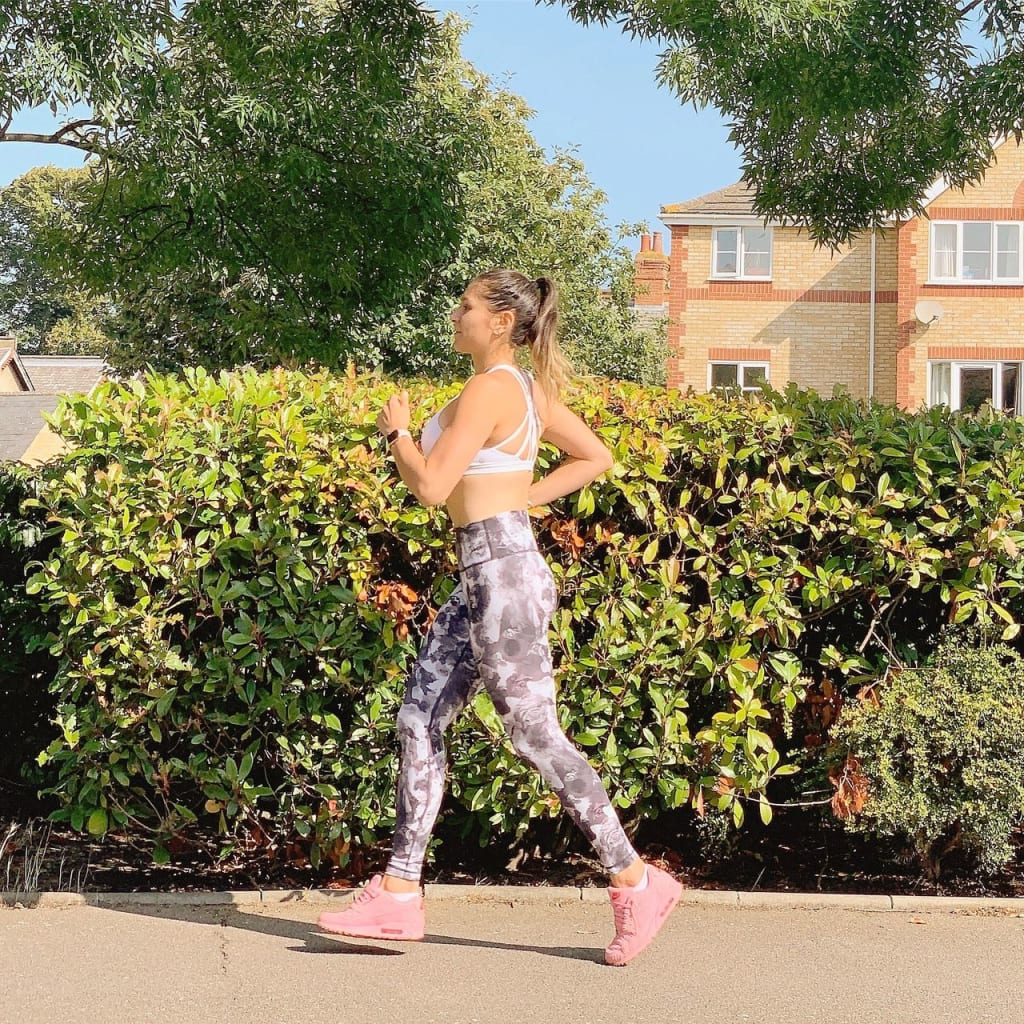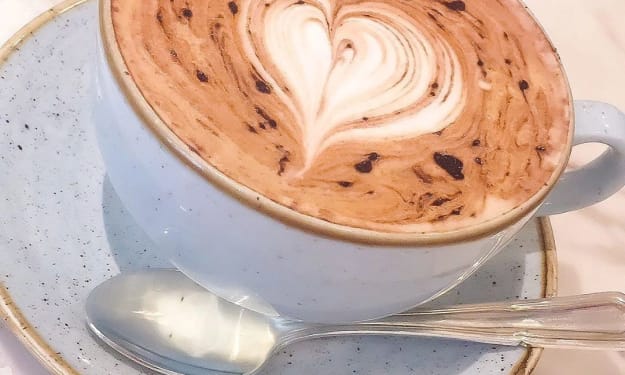Let’s Get Physical!
Moving for Mental Health

"Get your workout done and you'll feel so much better afterwards!" We've all heard this phrase before, haven't we? International studies and research has shown that this phrase is actually VERY accurate.
However, more often than not, we associate physical activity and exercise with how we look. As a result, we make a direct connection between the aesthetics and the feeling it gives us!! 'Look good, feel good'… ring a bell?
But there's so much more to be said about the connection between physical activity and the outcomes on how we feel.
Let's start with understanding what the difference is between 'physical activity' and 'exercise'. To put it simply, physical activity is any bodily movement that increases your energy expenditure; Exercise is physical activity too, but more specifically, it is at a higher intensity with an intention to improve fitness. To put it reaalllyy simply, they both mean MOVING your body!
There are various levels of physical activity: light (walking, some house work, taking the stairs instead of the lift); moderate (brisk walking, light jogging, fast paced yoga); vigorous (any physical activity that increases your heart rate and leaves you somewhat out of breath, also known as exercise). We've done full circle to understand the definition of each term, now that we do, let's get to the important message: how it improves our overall wellbeing!!!
Losing weight, looking good, getting into smaller jeans or a smaller dress are all things that can definitely make us feel great about ourselves, and of course being physically active and at a healthy weight has profound influences on your general health. But what's really fascinating is the improvements and preventative effects it has on mental health too...
Most guidelines try to encourage everyone to increase their levels of moderate and vigorous physical activity, recommending 150 minutes of moderate, and 75 minutes of vigorous physical activity a week. Aim for this, and if you can achieve it great!!
But it's SO important we don’t neglect physical activity full stop, just because we can't match these guidelines and 'exercise' every single day. I want to express the important role ANY type of physical activity has on our mental health and mood. Even light activity daily can make a huge difference. So now you know why it was important to touch on the difference between the two phrases!
Light physical activity can be anything from a stroll on your lunch break, to getting off the train a stop earlier and walking the rest of the way. It can be carrying the shopping up the stairs in the supermarket instead of using the lift, or a slow cycle to the local shop to get the milk. It's something that can fit in to most people’s day to day life very easily!
Most of us just don't think it’s that significant because there is so much out there telling us we need to exercise—sweat loads, and burn 400 calories in 30 minutes doing a HIIT workout, every day. Whilst that's also good advice, it's stopping people from opting for light physical activity options all together. So why am I trying to encourage smaller changes? I'm about to get a little technical here but bear with me, it will all come together...
A randomised study was done with two groups of people, where real time images of the brain were being taken. One group was told to sit still and do nothing, whilst the other was told to do very light cycling. After just 10 minutes, the group undertaking light physical activity was showing an increase in the volume of their hippocampus.
Your hippocampus is a little but VERY important organ in the brain that lives in the limbic system where emotions are regulated. People suffering from mental health issues tend to show a decrease in volume of this emotion processing area of the brain, but this study amongst many others, serves to show how responsive it is to any physical activity. In that after just 10 minutes we can increase its volume! So less technically put; I'm saying that the use of physical activity for improvements in mental health doesn't have to mean running a marathon every week!
There's a lot of messages out there regarding mental health issues; how to deal with stress, how to cope with anxiety etc., but not all have substantial weight behind them. But an overriding theme is that an all-encompassing healthy lifestyle is going to do more good than bad!
There is increasing proof and evidence coming out which supports the general theory, that through moving more and getting a little more physical in your daily life, can lead to overall improvements on some key symptoms of mental health issues, such as stress and major depression. So much so that doctors and researchers are looking to add change to the guidelines on mental health treatment, to recommend physical activity and exercise alongside other treatments or even as the first step in treatment!
Not only can movement and a more active lifestyle help to improve symptoms experienced by those suffering from mental health issues, it can also be used as a preventative approach.
It's all about allowing yourself to realise the impact of small changes rather than trying to go too fast too quick. If exercise isn't already a part of your life, it's unlikely that you'll suddenly start boxing 150 minutes a week, but walking the dog a little longer than usual can make all the difference.
There's not really anything negative to say about physical activity, how can there be? It can increase your feeling of self-worth, achievement, community, and social pleasure. It can improve mental alertness, energy, and your mood. How can anyone find fault in that?
Studies also show that in adults who are physically active day to day, there is a 20-30% decrease in their risk of developing depression and dementia.
We all know that exercise plays a big part in our wellness, but what we need to understand and encourage is the accessibility we can all have to this promising treatment for mental health through generally being more physical!
About the Creator
Yasmine Shaban
I’m a passionate Health and Wellness Coach and also a Yoga Teacher. Motivated to send people the message that self care and healthy living doesn’t have to be difficult. Knowledge is Power on this Journey!






Comments
There are no comments for this story
Be the first to respond and start the conversation.